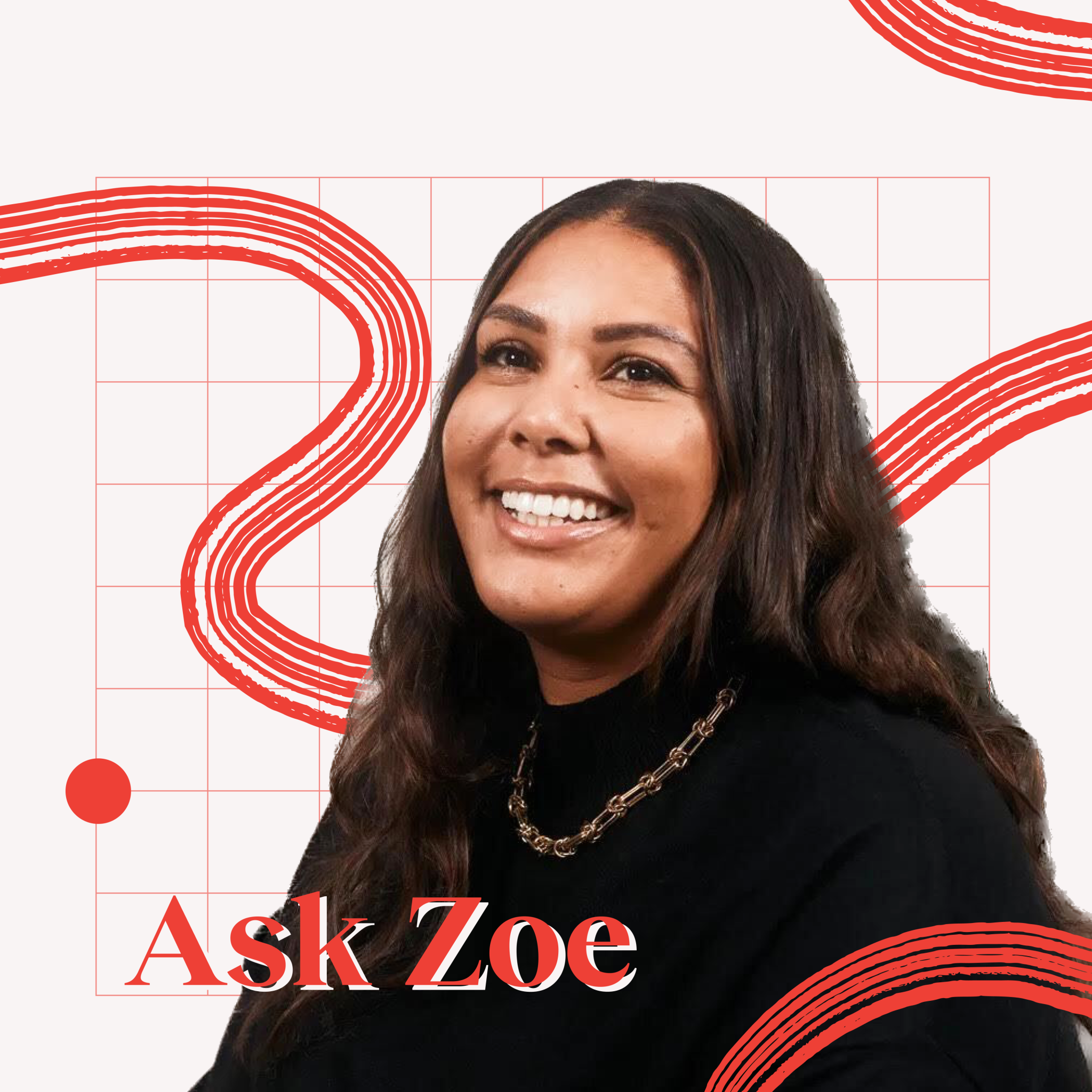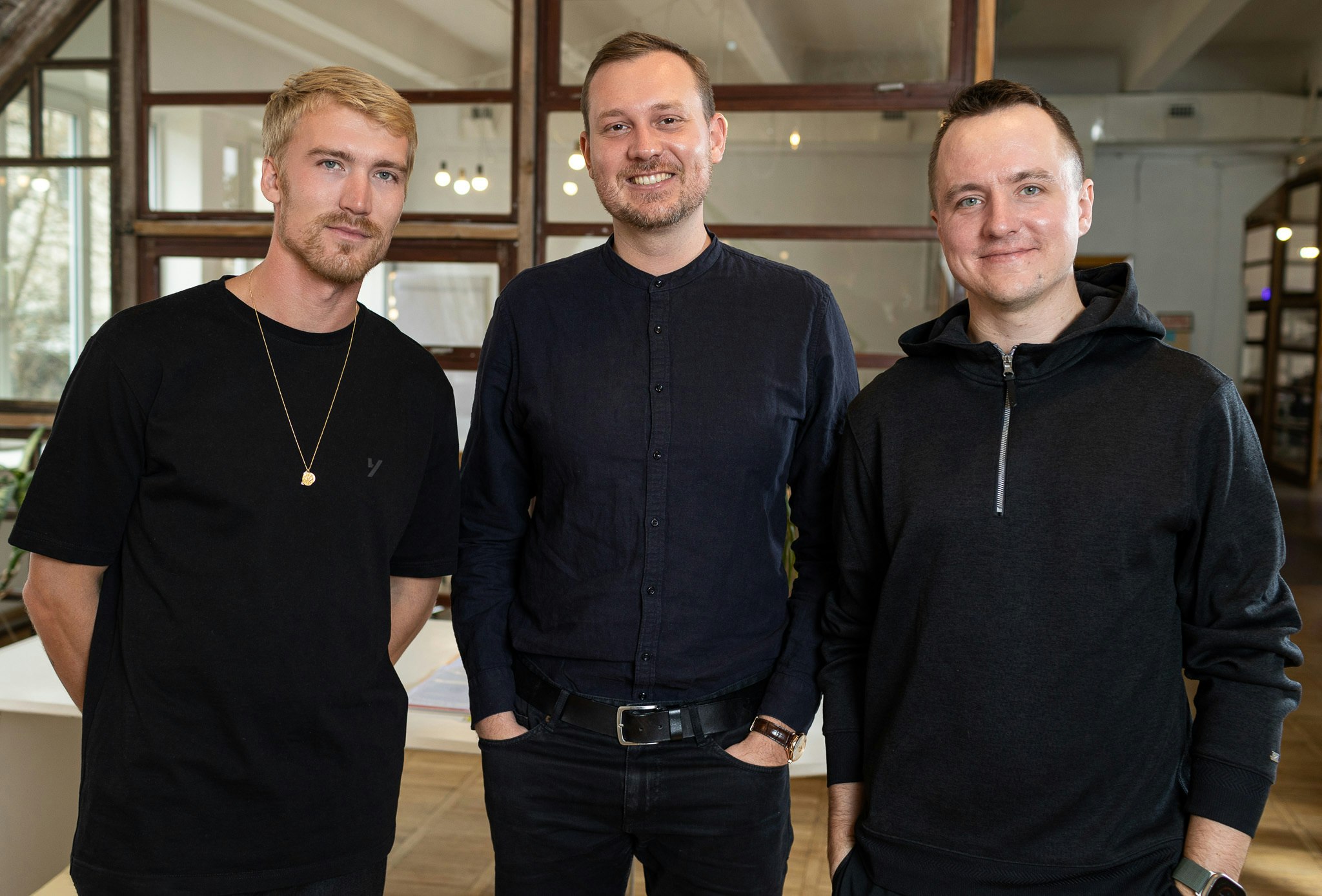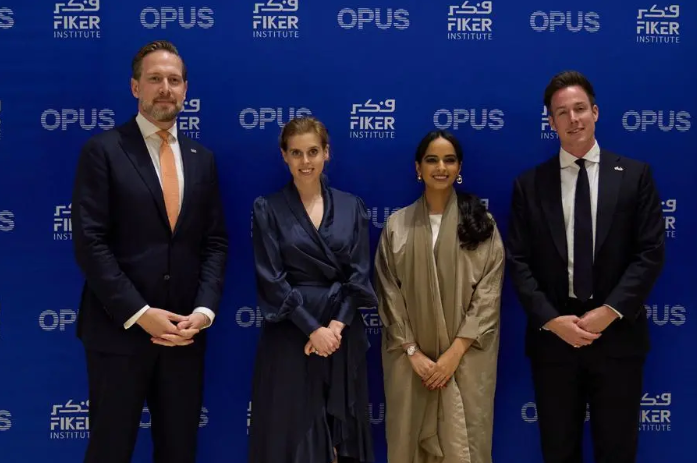It’s tough being a founder. You’ve convinced a handful of people to give up their stable jobs to make your vision a reality, and suddenly their livelihoods are in your hands.
Pretty soon, you’re taking product meetings in the car after picking up your kids from school and answering the phone to investors late at night. Family members and partners feel neglected, tasks pile higher and higher.
Eventually, something's got to give — and for founders, the first to go is normally their own wellbeing.
89% of founders feel that the startup ecosystem is naturally competitive and pressurising with many reporting physical and mental illness as a result of sustained stress, according to VC firm Balderton, which this month became one of the first in Europe to open a founder wellness programme.
The health and performance programme — which is optional for founders in the Balderton portfolio — gives founders everything from blood work and sleep-monitoring Oura rings to on-demand executive coaches. An initial physical health and nutrition element lasts for six months and founders can access ongoing support afterwards.
That a top-performing fund like Balderton is shouting about the importance of mental and physical health is a welcome gesture amid complaints from within the industry about the toll it takes on employees. But can a health and fitness bootcamp really remedy burnout among entrepreneurs when the VC industry is unstoppably geared towards high performance and, more importantly, high returns?
Founder wellness
Wellness hacks to combat the physical and mental strain of running a business aren’t new: a quick Google brings up countless founder retreats offering yoga, meditation and detoxes.
“Despite the fact [many founders] know better, they end up just burning the candle a little bit more instead of trying to address the root problems of these issues,” says Suranga Chandratillake, partner at Balderton and a former founder himself. “Everyone thinks that they should work harder, when actually being more balanced and working smarter would lead to better results.”
Indeed, in a recent survey by Balderton 90% of founders acknowledged that the pressure entrepreneurs put on themselves is often what drives long work hours.
Balderton’s programme aims to support founders in what it says is inevitably a stressful job, and help them build resilience, akin to how athletes prepare to perform at the highest level.
The initial six-month aspect of Balderton’s health and wellness programme is run by WellFounded, a founder-focused health startup that runs analyses of blood work, fitness, nutrition, sleep and psychological mindset to produce personalised plans. The offering typically costs £7,000 per person for VC portfolio teams; VCs have the option to subsidise 50% of the cost.
Participants use the data uncovered through blood work and physical assessments to set the equivalent of OKRs, like aiming to cut their risk of diabetes or reduce the amount of cortisol released after getting a stressful email.
On its website, WellFounded says it will kit out founders with the in-demand wearables of the moment: Oura rings to track sleep, Zoe glucose tests to assess blood sugar levels and Withings Firstbeat chest wearables to measure stress via heartbeat changes — though individual firms and founders decide which they want to use.
In addition to the WellFounded scheme, Balderton provides on-demand performance coaches and regular CEO peer-to-peer discussion groups.
An à la carte menu of wellness?
The WellFounded offering was actually co-created by another VC, London’s Mosaic Ventures, in 2021.
“Lots of these programmes are generic and similar,” says Mosaic founder Toby Coppel, but the firm felt it could “design something to make a difference”.
Two years on, about 20 portfolio founders have taken part; the best feedback is usually directed at the coaching services, he says, which are inspired by Olympic athletes' regimens to help founders “understand their own performance” and identify where progress can be made.
Other founders were guided by health experts to treatments for long-standing medical conditions that led to "truly life-changing effects". Coppel says that founders often “don’t realise that the little things would have such an impact”.
It would be crazy if I was calling one of the CEOs I work with saying, 'great job on the revenue, but hey, your heart rate was too high yesterday. What the hell was going on?'
But is this acute focus on health too much for founders who already have their noses to the grindstone? Balderton’s Chrandratillake thinks not.
“The programme is completely optional,” he says. “It’s an à la carte menu where the founders and CEOs who decide to qualify can choose nothing on the menu or can choose everything on the menu. It’s completely up to them.”
He adds that it deliberately uses third party experts to keep a “privacy wall” around the founders.
“These conversations have to be private for them to be effective,” says Chandratillake. ”It would be crazy if I was calling one of the CEOs I work with saying, 'great job on the revenue, but hey, your heart rate was too high yesterday. What the hell was going on?'"
A sticking plaster?
Though Balderton’s attempt to champion wellbeing has been welcomed by many, a few have wondered if the programme will get to the root of what founders are most worried about.
Alex Depledge, cofounder of Resi, a digital architectural planning tool, highlights that the things that have caused her stress as a founder are “running out of money" and realising she "can't afford childcare”, neither of which the wellbeing programme can address. “If they gave every founder an executive coach and forgot the rest of it, I think that would be probably the best thing you could do,” she adds.
If you’re not sleeping, the last thing you want is an Oura ring
While some are drawn to WellFounded’s tech-first approach, Depledge is sceptical: “If you’re not sleeping, the last thing you want is an Oura ring. It’s scientifically proven: the worst thing you can do if you can't sleep is measure it.”
Others are wary of the connection that VC wellbeing initiatives tend to draw between founders and elite athletes — a comparison Balderton makes on its website, which reads: “High-performance athletes don’t train at 100% intensity, seven days a week and ignore everything else –—and neither should high-performance founders.”
On the other hand Reeva Misra, founder and CEO of Walking on Earth, a UK-based platform for workplaces that helps employees measure and reduce stress through individual plans, says that the comparison's needed to attract founders. “Words like meditation and yoga might be alienating for them — but when we use words like heart rate variability training or desk structures instead of calling it yoga, it's essentially doing the same thing, but it brings people in who otherwise would have said no.”
Rethinking VC as a whole
Other founders and investors think that the entire nature of venture capital — where VCs rely on successful and high-performing founders in order to give LPs a return on their money — needs to be rethought if the industry wants to encourage founder wellbeing.
“VCs sweat their assets and their assets are founders,” says Depledge. “So how can you go ‘I need to sweat this asset and at the same time take care of it’? It's diametrically opposed.”
VCs sweat their assets and their assets are founders
Julius Bachmann, a former VC and founder coach, says: “The level at which we need to solve this problem needs to reflect the way in which capital flows in this industry.”
Bachmann points to the fact that Kindred VC gives 20% of its carry (investment profits) to its founders, so “if Kindred wins, then everybody wins”, says Bachmann. This means that the VC partners and other founders with carry in the fund are also financially incentivised to help struggling founders in Kindred’s portfolio.
A different due diligence process
Some investor firms are prioritising health from the get go. Masawa, a Berlin-based VC investing in mental health tech, wants to invest specifically in founders who make their own — and their team’s — wellbeing a priority.
“If we’re trying to prevent burnout and not just respond once the baby has fallen into the well, we [investors] need to look at what the things are that actually lead to stress, and I don’t think it’s pure hours of work,” says Huria Ogbamichael, venture partner at Masawa and a leadership coach.
Masawa asks potential investees about the biggest risk factors they can anticipate that could prevent them from running the business. It asks questions such as: how do you manage conflict with your cofounders (cofounder fallouts are among the top reasons for startup failures)? How do you engage with investors when you feel insecure? And how do you evolve as a leader and be clear on what your vision is?
The founders outline with Masawa the areas they’d like to work on and then are paired up with an external coach.
This approach benefits the founder, but also the investors’ bottom line, says Sabine Flechet, cofounding partner at Masawa. “In a traditional VC, you go after the largest upside; you go after the unicorn. We can still do this. But what we are doing on top is capping our downside scenario, so we don't have as many business failures.”
Masawa also gives 10% of its carry to founders: “It’s a bit like saying, we are in with you, and you’re in with us,” says Flechet.
Update, July 24 2023: The piece originally said that Balderton's course lasted for six weeks. It has been amended to say that it provides ongoing support.


